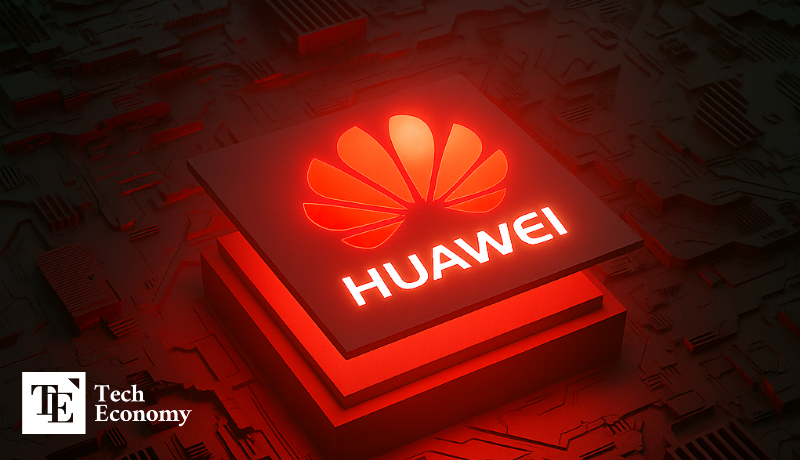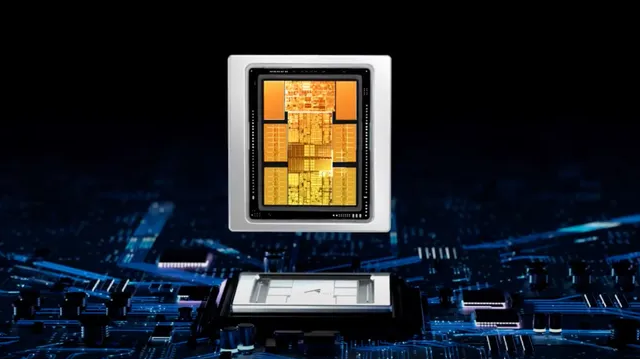Huawei set to begin mass supply of latest AI chip — 'China’s AI market has completely shifted to Huawei'
Input
Modified
"Nvidia faces cool market reception amid Huawei’s rise in China 'China's semiconductor regulations more disruptive than expected' Wall Street: 'U.S. sanctions make competition with Huawei virtually impossible'"

As U.S. export restrictions block Nvidia’s high-performance chips from reaching China, Huawei is quickly seizing the opportunity to dominate the Chinese artificial intelligence (AI) chip market. With reports that Huawei may begin mass-shipping its next-generation AI chips as early as next month, Wall Street analysts are now saying, “Nvidia can no longer compete with Huawei.”
Huawei to begin mass-supplying ‘Ascend 910C’ next month
On the 22nd (Korea time), Reuters reported that Huawei plans to begin large-scale shipments of its self-developed next-generation AI chip, the Ascend 910C, to clients starting next month. This GPU packages two of the previous 910B processors into a single unit, offering roughly double the computing power and memory capacity. Some analysts even suggest that the 910C's performance is comparable to Nvidia’s H100 AI chip. Huawei started distributing samples of the 910C to Chinese companies late last year, taking pre-orders, and it is reported that some shipments have already begun.
Following the announcement that Huawei’s latest AI chip is entering full-scale production, Nvidia’s stock fell nearly 5% intraday. Investors are increasingly concerned, given that Nvidia once held 90% of the Chinese AI chip market. Several global investment banks quickly lowered their target prices for Nvidia: Bank of America cut its forecast from 160to150, and Barclays from 175to155. Since the Trump administration further tightened export controls to China earlier this month, Nvidia’s stock has dropped 18.5% in just one month.
The market consensus is that Nvidia’s grip on China is already weakening. Stacey Rasgon, a well-known semiconductor analyst at Bernstein Research, stated, “Investors don’t need to worry about Huawei mass-supplying AI chips in China. Nvidia cannot compete there anymore.”
He explained that the reason is continued tightening of U.S. export controls on AI chips. As of April 9, the U.S. Commerce Department designated Nvidia’s China-only AI chip, the H20, as subject to individual licensing requirements. The same applies to AMD’s MI308 chip. As a result, Nvidia expects a 5.5billionlossinQ1ofits2025fiscalyear(February–April),andAMDanticipatesa800 million loss.
Rasgon added, “Nvidia can no longer compete with Chinese companies — simply because it’s not allowed.” Rasgon stated, “We’ve essentially handed over the Chinese AI market to Huawei, so this outcome is not surprising.”
Huawei chips now powering models that outperform DeepSeek
Morgan Stanley noted that the market mood is turning more serious. The new U.S. semiconductor export controls on China could be even more disruptive than expected. Morgan Stanley anticipates Nvidia’s data center revenue to decline 8–9% over the next few quarters.”
In fiscal 2024, about 13% ($17.1 billion) of Nvidia’s total revenue came from China (including Hong Kong), but that share is expected to drop into the single digits this year.
Amid the tightening U.S. regulations, a new AI model that outperforms DeepSeek—and was trained entirely on Huawei chips—is gaining attention. On April 21, Chinese speech recognition company iFlytek announced via Weibo that it had developed an inference model called “Xinghuo X1”, which they claim performs on par with OpenAI’s “o1” and DeepSeek-R1 models.
iFlytek partnered with Huawei in June of last year and released its first model this January. They reported that Huawei’s chips helped overcome bandwidth limitations during model training. Now, as a result of further collaboration, they say that the efficiency of Huawei’s Ascend 910 chips—which had previously been only 20% as effective as Nvidia’s—has now improved to nearly 80%. The timing of the announcement closely followed the U.S. government’s ban on the H20, Nvidia’s key export chip for China.

Huawei filling the H20 void with volume and new releases
Earlier this month, in response to the H20 ban, Huawei unveiled a new chip called Ascend 920. This chip reportedly achieves up to 60% of the inference performance of Nvidia’s H100, and it compensates for the performance gap by simply using more chips in parallel.
Experts see the Ascend 920 as a likely replacement for the now-banned H20. Despite being less powerful than Nvidia’s upcoming Blackwell and H200 chips, the H20 remained highly popular in China. Nvidia generated over $10 billion annually from H20 sales in China, with demand surging even further this year. However, after it was revealed that DeepSeek used the H20, the Trump administration blocked further sales, creating a massive opportunity for Huawei.
In addition to the Ascend 920, Huawei unveiled the “AI CloudMatrix 384” server solution. This server rack reportedly outperforms Nvidia’s GB200 NVL72, which is based on the Blackwell chip. The Nvidia server uses 72 Blackwell chips, whereas Huawei’s version uses 384 Ascend 910C chips—more than five times as many. Although Huawei's chips deliver 2.3 times lower performance per watt, Chinese companies are leveraging sheer volume to train large AI models. In short, they are compensating for lower quality with quantity.





















